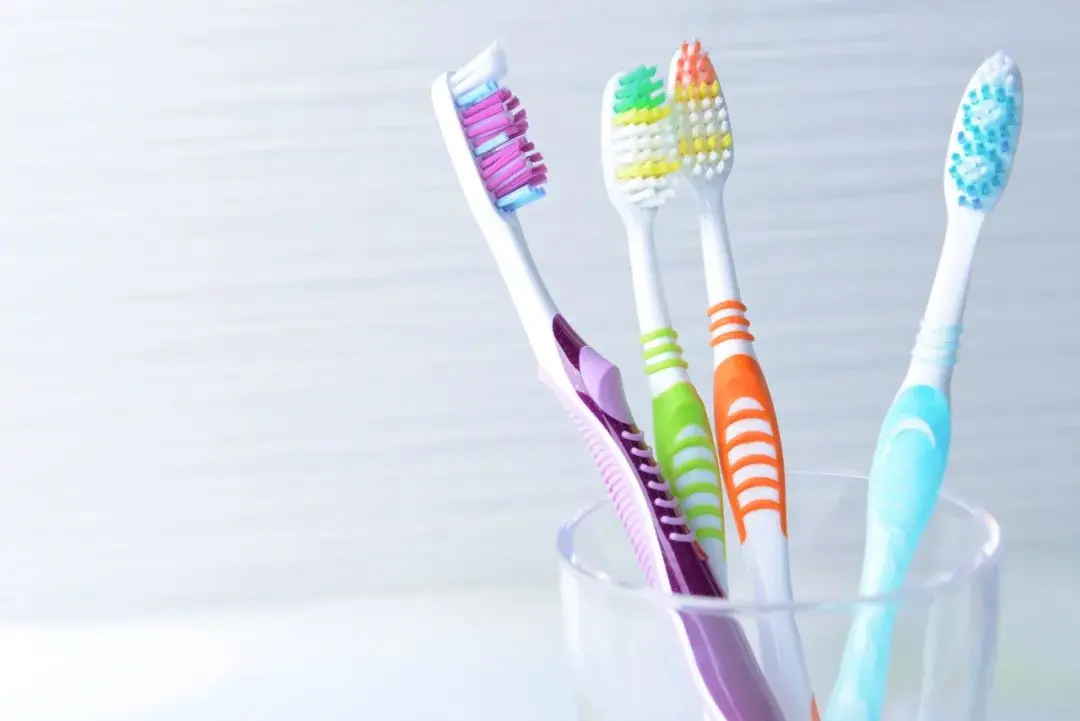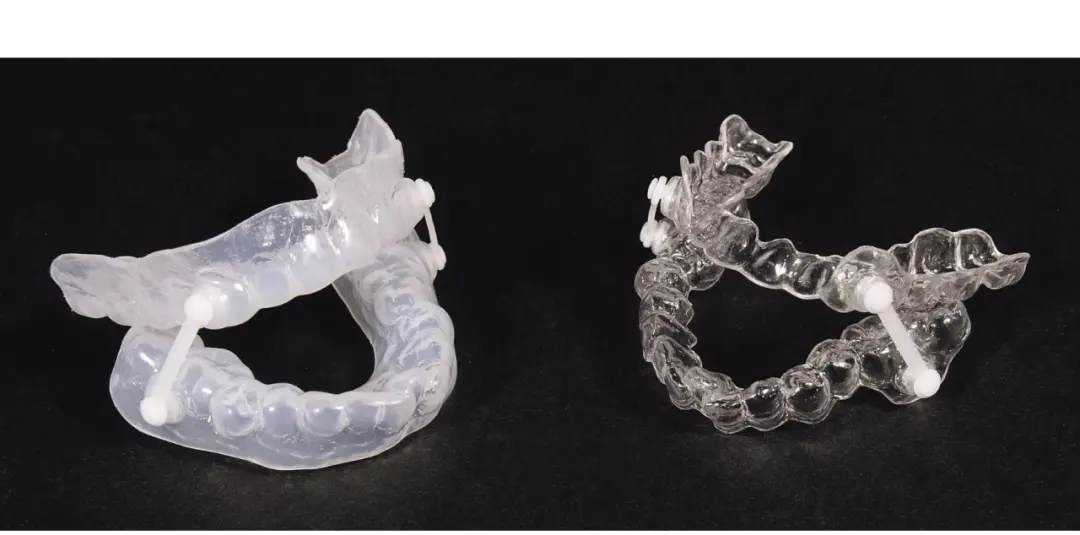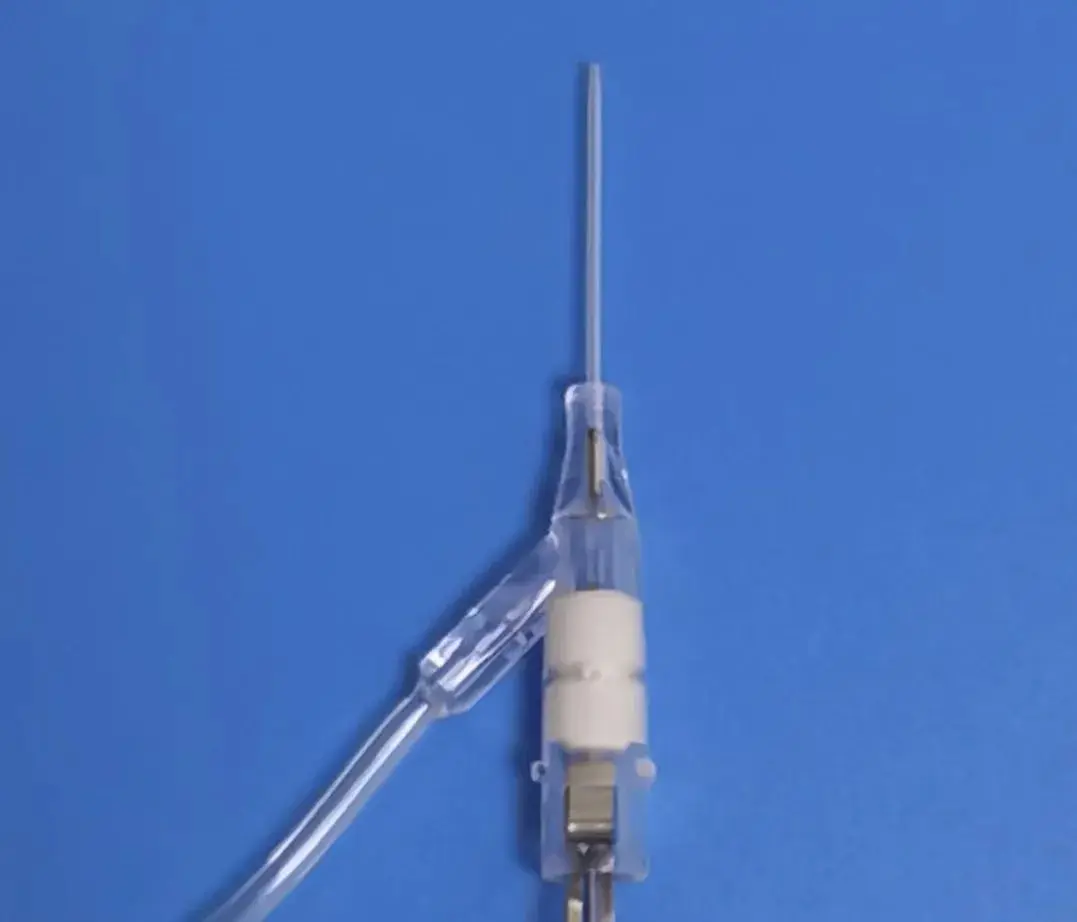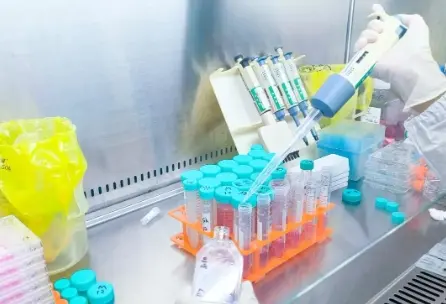
Chemical Testing for Medical Devices
China JJR Laboratory follows ISO 10993 and other methods for chemical characterization of materials, including the analysis of leachables and extractables. We compare the differences between the materials used and existing clinical materials. By analyzing the materials and simulating clinical usage conditions, we assess the chemical release from medical devices in the worst-case scenarios. This is combined with toxicological risk assessment to provide a safety evaluation of the products. Our chemical characterization research, combined with biological testing services, offers a one-stop solution for biological safety evaluation of medical device products.
Testing Methods
1. Qualitative Analysis of Materials
Based on ISO 10993 Part 18, we obtain data and information from relevant departments (including material suppliers, additive suppliers, etc.) to reduce unnecessary chemical characterization tests. We identify components of materials already used in clinical settings and assess their toxicity risk.
2. Quantitative Analysis of Materials
When detailed material information cannot be obtained from available sources, China JJR designs a complete testing plan to quantitatively analyze the chemical composition, additives, antioxidants, impurities, and leachables. Toxicology experts assess the materials based on chemical characterization and conduct a toxicological evaluation.
3. Chemical Testing Process
Since it is not possible to determine the degradation products of materials from collected information, we refer to ISO 10993 Series Standard Part 12 for sample preparation. Medical device products are categorized into short-term contact, long-term contact, and permanent contact, and different solvents and conditions are selected for extraction.
China JJR uses various analytical techniques to qualitatively and quantitatively analyze the extractables:
- Fourier Transform Infrared Spectrometer (FTIR): Structural identification, functional group analysis, compound qualitative analysis
- Inductively Coupled Plasma Spectrometer (ICP-OES): Elemental qualitative and quantitative analysis
- Inductively Coupled Plasma Mass Spectrometer (ICP-MS): Trace element qualitative and quantitative analysis
- Ion Chromatograph: Halogens
- Gas Chromatograph (GC): Organic compound qualitative and quantitative analysis
- High-Performance Liquid Chromatograph (HPLC): Organic compound qualitative and quantitative analysis
- Gas Chromatograph-Mass Spectrometer (GC-MS): Organic compound qualitative and quantitative analysis
- High-Performance Liquid Chromatograph-Mass Spectrometer (HPLC-MS): Organic compound qualitative and quantitative analysis
- Q Exactive Mass Spectrometer: Unknown substance analysis
- Scanning Electron Microscope (SEM): Material morphology, tissue observation
4. Biological Testing Process
The quality of medical devices that come into direct contact with the human body is crucial to patient safety, so rigorous biological evaluations should be conducted to ensure their safety. China JJR primarily follows ISO 10993 or GB/T1688 for biological evaluation. Biological assessments are selected based on contact sites (skin, mucous membranes, tissues, blood, etc.), contact methods (direct or indirect), contact duration (temporary, medium-term, and long-term), and intended use.
The biological test items evaluated include cytotoxicity tests, sensitization tests, irritation response tests, subacute toxicity tests, hemocompatibility tests, chronic toxicity tests, biodegradation tests, and others. The three routine biological tests are as follows:
- Cytotoxicity Test: Tests direct contact between cells and medical device materials, essential for biological evaluation.
- Skin Irritation and Sensitization Test: This test evaluates potential contact hazards from chemical substances released by medical devices, including skin and mucosal irritation, oral and eye irritation, and delayed-type hypersensitivity reactions.
Services Provided by China JJR Laboratory:
- Medical device R&D and registration
- Medical device chemical characterization
- Material characterization
- Extractable studies
- Leachable qualitative and quantitative analysis
- Chemical equivalence studies
- Raw material screening
- Medical device drug compatibility studies
- Extractable studies
- Leachable studies
- Pharmaceutical method development and validation
- Drug adsorption studies
- In vitro degradation studies for medical devices
- Molecular weight and molecular weight distribution
- Mass balance
- Known degradation product method development and validation
- Unknown degradation product qualitative and quantitative analysis
- Surface morphology observation
- In vitro degradation studies
- Biological evaluation of respiratory airways
- Risk management assessments and testing
- Particle release testing
- Organic volatile substance release testing
- Inorganic gas testing
- Condensed water leachables testing
- Medical device chemical characterization
- Other testing services
- Known leachable testing
- Organic methods and testing
- Inorganic element methods and testing
- Routine chemical tests such as pH, evaporation residue, reducing substances, heavy metals, UV absorbance
- Particle testing
- Ethylene oxide and 2-chloroethanol residue testing
Email:hello@jjrlab.com
Write your message here and send it to us
 Toothbrush FDA Certification Testing
Toothbrush FDA Certification Testing
 Snoring Device FDA 510k Standard Testing
Snoring Device FDA 510k Standard Testing
 Single Use Intravenous Catheter Certification Test
Single Use Intravenous Catheter Certification Test
 Silicone Material Product Compliance Certification
Silicone Material Product Compliance Certification
 What to Do If Cytotoxicity Test Results Are Positi
What to Do If Cytotoxicity Test Results Are Positi
 ISO 10993:5 Cytotoxicity Testing Methods
ISO 10993:5 Cytotoxicity Testing Methods
 FDA ISO 10993-1 Biocompatibility Evaluation Guidel
FDA ISO 10993-1 Biocompatibility Evaluation Guidel
 In Vitro Cytotoxicity Testing for Medical Devices
In Vitro Cytotoxicity Testing for Medical Devices
Leave us a message
24-hour online customer service at any time to respond, so that you worry!




